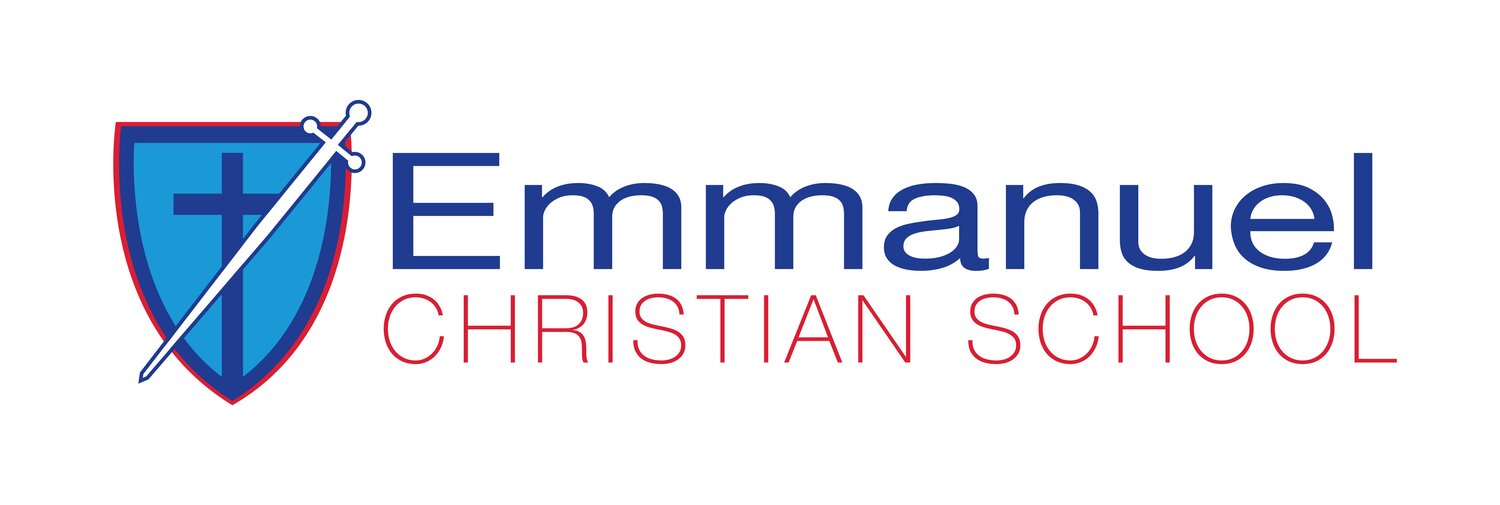Risk taking. It is a scary term. Often one that is marked with the prospect of failing or losing.
It is not often something we tend to enjoy doing but when learning, risk taking is something we need to value and encourage in our students.
What is risk taking? Intellectual or academic risk taking can be described as “Engaging in adaptive learning behaviours (sharing tentative ideas, asking questions, attempting to do and learn new things) that place the learner at risk of making mistakes or appearing less competent than others.”
Many students often become reluctant to take risks when learning due to the fear of failure and having their ideas dismissed or due to the thought of having their peers ridicule them. Risk taking in the classroom setting is encouraged, due to the benefits of intellectual gain and the possibility of the acquisition of new skills, as opposed to the concept of risk taking in such domains like extreme sports, which often pose a risk of physical harm.
So why is risk taking in the classroom important? Academic risk taking can be associated with a wide range of thinking and learning skills. These such skills can help develop the individual's ability to be prepared for the workforce and for life beyond school. “Engaging in intellectual risk taking behaviours also promotes learning and academic achievement. Sharing tentative ideas helps form student identity, which in turn supports academic achievement”
At Emmanuel, we encourage students to take risks and value the lessons that can be learned when a student makes a mistake. The power of “Yet” is one that can help students to re-think and see their mistakes as an opportunity to learn and dive deeper into the concept that they are trying to acquire. Carol Dweck powered the term yet in her book Mindset. You can watch her TED talk focusing on this term. The term yet can transform those negative outlooks into positive statements that further encourage learning and challenges. You can do this by helping students to turn phrases such as “I cannot do this” to “I cannot do this yet”. The power of yet is transformational and allows students to remember that learning new skills is a journey, not a destination.
Being that it is the start of the new year, now is a wonderful time to reaffirm with your child that mistakes are okay! That if a task is feeling difficult, that is wonderful because they are learning and it is definitely acceptable to make mistakes in front of your peers. With this in mind, I am also reminded by God’s word that says “Encourage one another and build each other up, just as in fact you are doing” 1 Thessalonians 5:11. Reflecting on how we should be encouraging our children to strive towards the plans God has for them, thinking about how their learning in school today, is preparing them for a life of serving our amazing God with the gifts He has given them.
Laura Ferguson — Head of Teaching and Learning Primary


